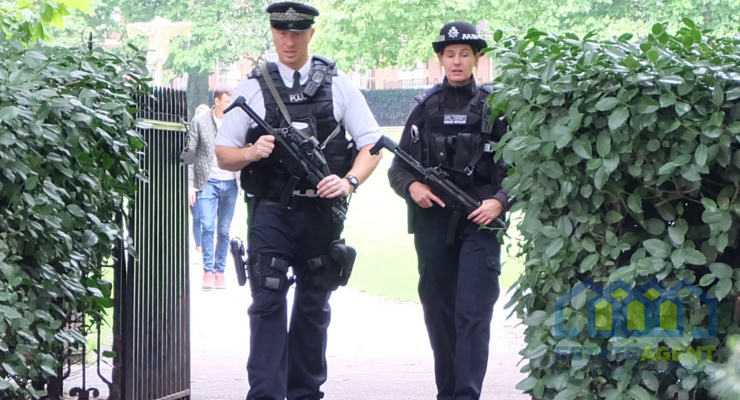Reduce the risk of property fraud
Lynne Feddon, Land Registry’s Counter Fraud Senior Executive, offers some advice about the best ways for landlords to protect their properties from fraud.
As estate and letting agents you’ll be dealing with landlords who are one of the most at risk groups of property fraud, according to our research at Land Registry. This makes you ideally placed to provide your landlord clients with advice about reducing their risk of property fraud.
What is property fraud?
As a high value asset, property is an attractive target for fraudsters. Fraudsters steal the real homeowner’s identity and then sell or mortgage their property by pretending to be them. If it isn’t discovered promptly, the true property owner might find their property has been transferred or sold without their knowledge. Fixing the mess and getting any mortgage taken off the register can be distressing, time-consuming and costly. This is why Land Registry urges landlords to do what they can to reduce their risk of becoming a victim of property fraud.
We recently had a case where a landlord was renting out a property in England while he lived overseas. He realised that absent landlords are more at risk of property fraud and signed up to our free Property Alert service. Sometime later he received an alert email informing him of a mortgage application being made against his property worth over £300,000. As he wasn’t expecting this, he contacted our property fraud line. Using this intelligence, we investigated and discovered the fraud. We then prevented the application from being registered. His contact details were out of date, so we advised him to update them, which he did. This means that if we need to contact him in the future, he will receive our emails or letters.
Who is most at risk?
Our experience at Land Registry shows that the properties most at risk are:
• Rented out
• Empty
• Mortgage-free
• Unregistered with Land Registry
What can homeowners and landlords do to protect themselves?
• Sign up to Land Registry’s free Property Alert service. We’ll notify you of certain applications affecting the property you are monitoring, such as for a new mortgage or change of ownership. If you receive an alert about activity that seems suspicious you should take immediate action such as contacting Land Registry or Action Fraud. You can monitor up to 10 registered properties in England and Wales.
• Keep your contact details up to date, ensuring we can reach you at up to three addresses. These can include an email address and an address abroad. If your details are not up to date, you may not receive our correspondence.
• Ensure your property is registered so that you can be compensated if you are a victim of fraud and suffer financial loss. The vast majority of properties in England and Wales are registered. Those most likely to be unregistered are properties that haven’t changed hands or been mortgaged since 1990.
• Apply for a restriction to help prevent forgery. A restriction can stop activity on your property, such as a transfer or a mortgage, unless a conveyancer or solicitor certifies the application was made by you. There is no Land Registry fee for home owners to register this restriction as long as they do not live in the property they wish to protect.
• If you have property registered in a company name, you can request a free restriction. This is designed to help safeguard against forgery by requiring a conveyancer or solicitor to certify that they are satisfied the company transferring, leasing or mortgaging the property is the true owner.
Anyone who believes they may be the victim of property fraud should contact Land Registry as soon as possible.
Please pass on the above advice to your clients and help them to reduce their risk of being a victim of property fraud.
You can order free ‘Protect your property from fraud’ leaflets to distribute to your clients from Land Registry by emailing pfleaflets@landregistry.gov.uk and saying how many you’d like and the address to send them to.









